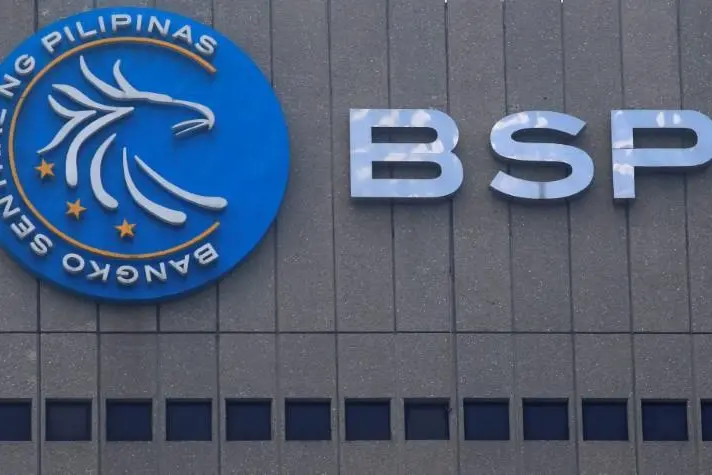PHOTO
The Bangko Sentral ng Pilipinas (BSP) opted to keep interest rates unchanged at a near 17-year high for the fourth straight meeting yesterday, following the inflation uptick in March and as monetary authorities continue to be vigilant against upside risks.
During its second policy review of the year, the central bank's Monetary Board maintained its target reverse repurchase rate at 6.50 percent, still at its highest level in nearly 17 years or since the 7.50 percent in May 2007, as widely expected.
Interest rates on the overnight deposit and lending facilities were likewise untouched at six percent and seven percent, respectively.
'The latest inflation path has shifted slightly higher but remains within target,' BSP Governor Eli Remolona Jr. said in a briefing. 'The risks to the inflation outlook continue to lean toward the upside.'
The BSP raised its risk-adjusted inflation forecasts to four percent from 3.9 percent for 2024 but kept its 3.5 percent projection for 2025.
At the same time, the BSP also raised its baseline inflation forecast for this year to 3.8 percent from 3.6 percent previously. It still sees inflation at 3.2 percent, unchanged from the forecast given at the February meeting.
The risk-adjusted inflation is equivalent to baseline inflation forecasts plus the probability weighted impact of the different upside and downside risks to inflation outlook.
BSP Deputy Governor Francisco Dakila Jr. said the upward revision in inflation forecast this year includes the uptick in global crude oil prices, higher than expected inflation outturns in February and March, as well as various risks.
Risks continue to cloud the outlook, as possible further price pressures are linked mainly to higher transport charges, elevated food prices, higher electricity rates, and global oil prices.
Potential minimum wage adjustments could also lead to second-round effects, the central bank said.
'The Monetary Board noted that while upside risks to inflation have raised inflation expectations, these expectations have remained broadly anchored,' Remolona said.
Headline inflation accelerated for the second straight month to 3.7 percent in March from 3.4 percent in February, the Philippine Statistics Authority earlier reported.
From January to March, inflation averaged 3.3 percent, still within the BSP's target range of two to four percent.
'Given these considerations, the Monetary Board deems it appropriate to maintain the BSP's tight monetary policy settings. The BSP also continues to support the National Government's policies and programs to address supply-side pressures on the prices of key food commodities,' Remolona said.
The Monetary Board has raised key policy rates by 450 basis points from May 2022 to October 2023 to tame inflation and stabilize the peso.
'The BSP remains ready to adjust its monetary policy settings as necessary, in keeping with its primary mandate to safeguard price stability,' the BSP chief added.
Pantheon Macroeconomics chief emerging Asia economist Miguel Chanco said the BSP sounded more 'guardedly-hawkish' at its press briefing yesterday compared with its last meeting in February.
'Headline inflation probably will nudge up further in April, marginally above the four percent upper bound of the BSP's target range,' Chanco said.
'But we reckon that this will be the peak, with food inflation likely to turn a corner, as base effects will turn progressively favorable until the end of the third quarter, starting in May,' he added.
Capital Economics senior Asia economist Gareth Leather and Shivaan Tandon said in a note that policymakers may start to loosen policy rates this year, as inflation will likely drop back in the third quarter.
'While we expect the BSP to leave interest rates unchanged at its May and June meetings, we are penciling in a 25-basis-points cut in August,' they said.
Copyright © 2022 PhilSTAR Daily, Inc Provided by SyndiGate Media Inc. (Syndigate.info).





















